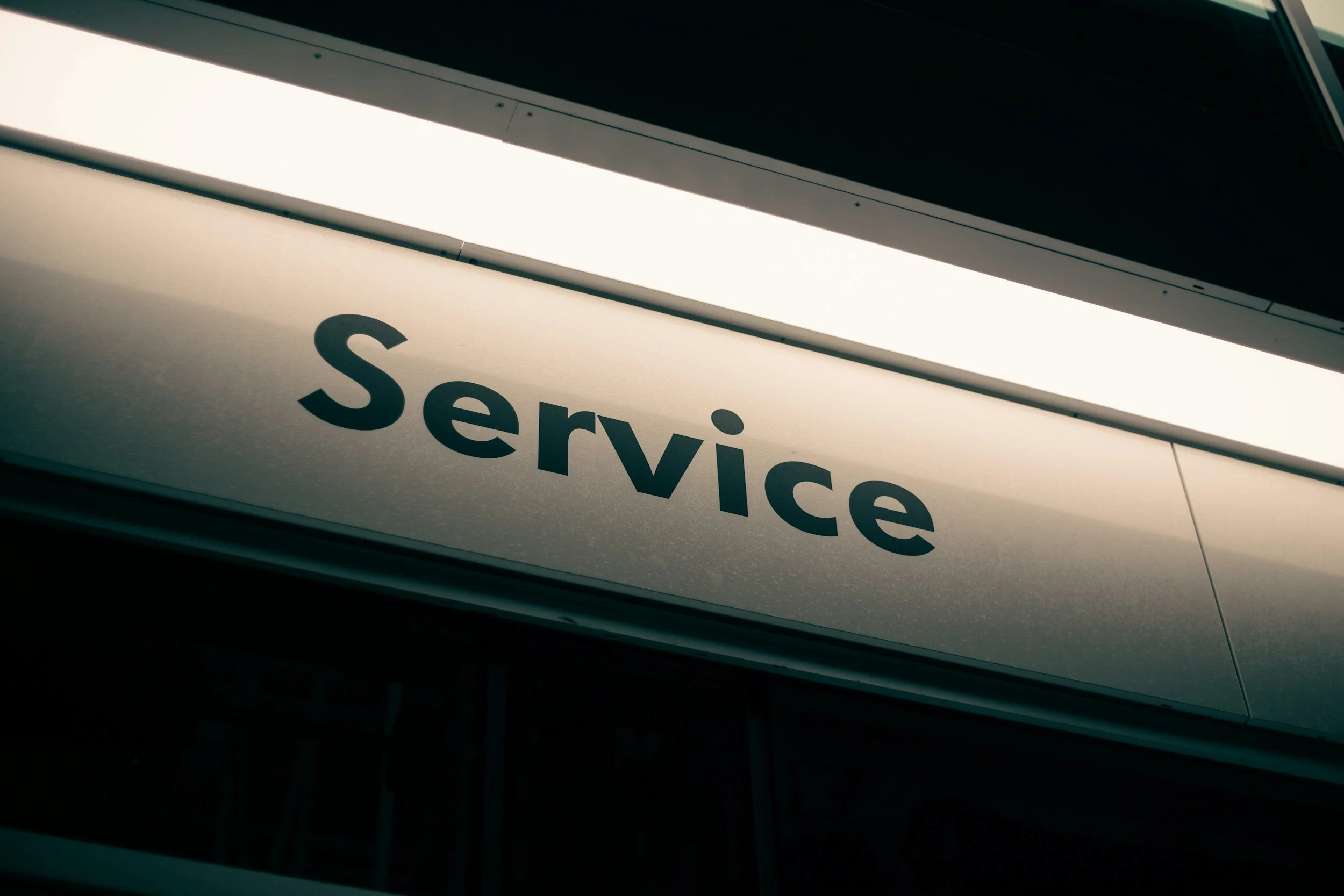Providing high-quality care in an Adult Family Home (AFH) requires more than just in-house caregivers—it involves partnering with the right healthcare providers to ensure residents receive comprehensive medical, rehabilitative, and mental health services. Choosing the right healthcare partners enhances resident care, improves medical outcomes, and provides AFH providers with valuable professional support.
Our goal is to help make your job a little bit easier by providing the exact assistance you need.




















